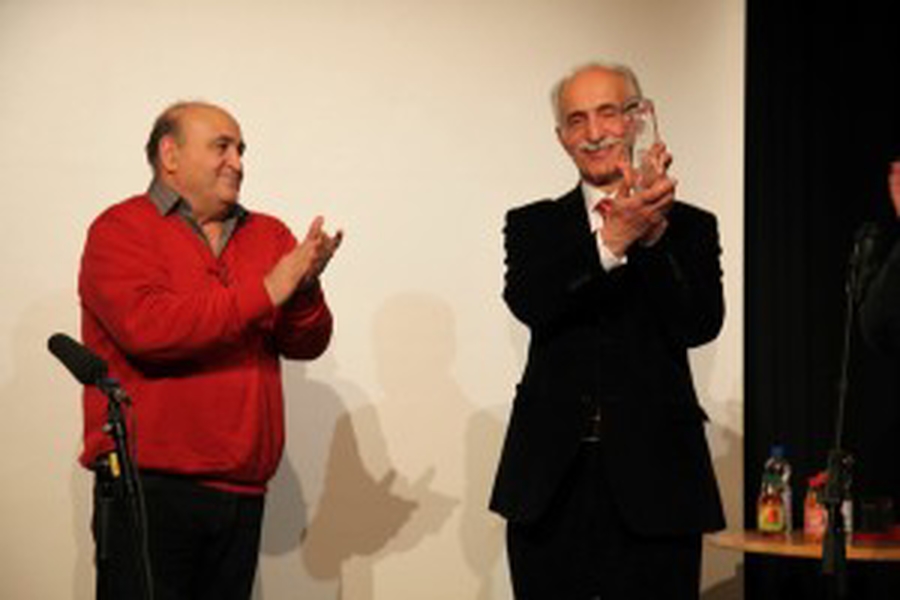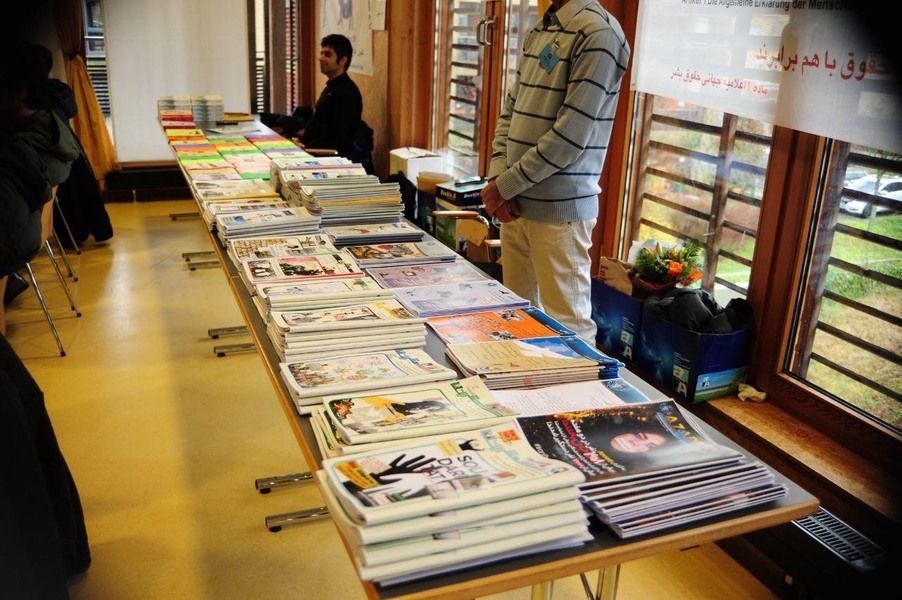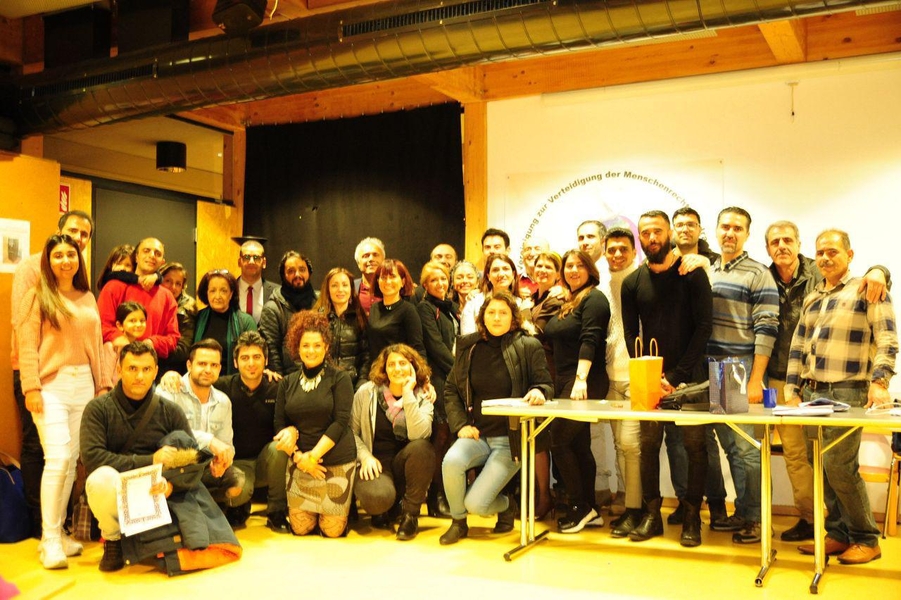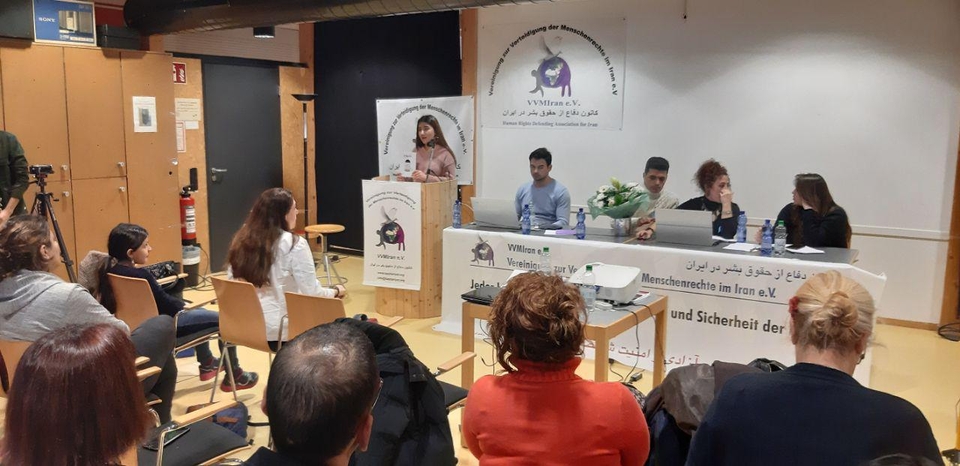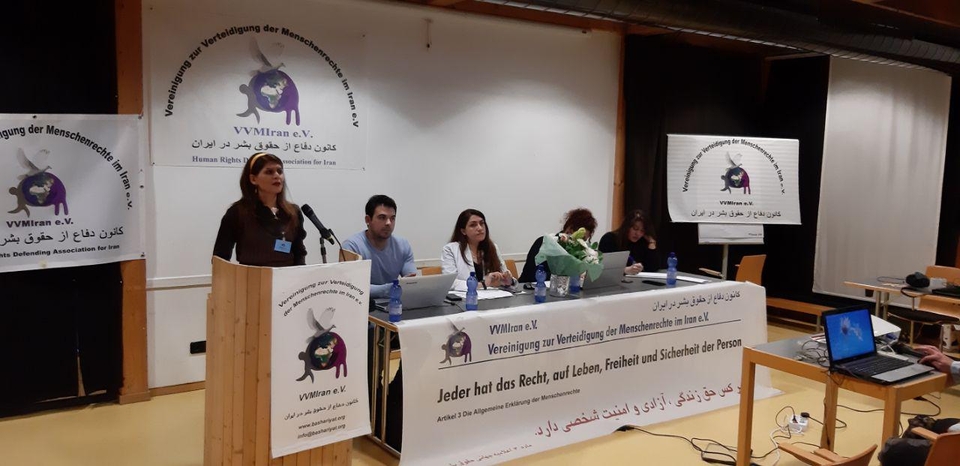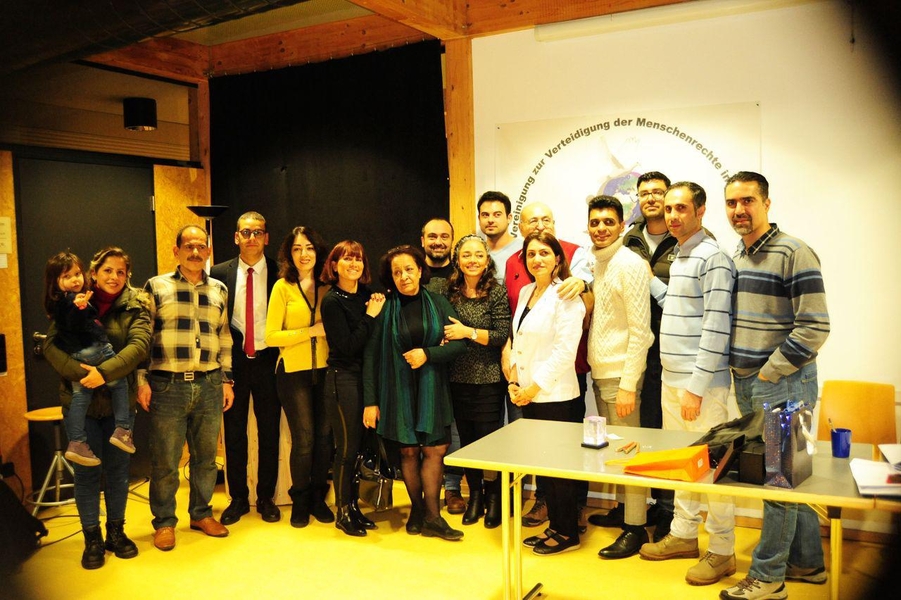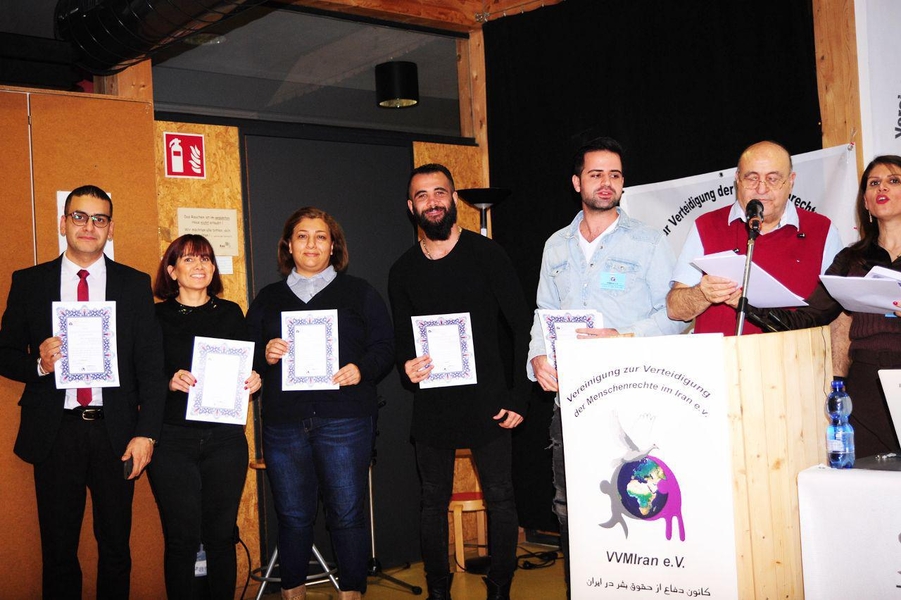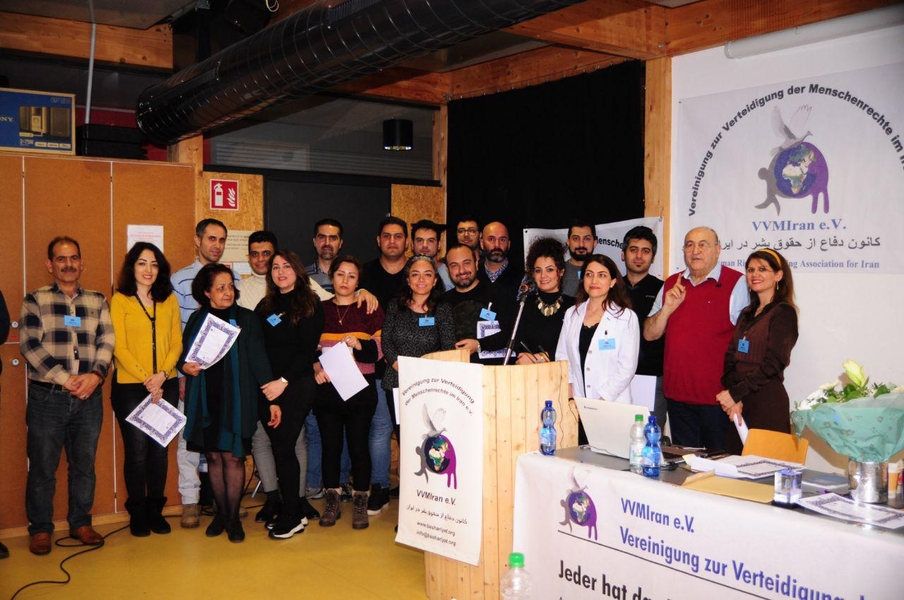There is a variety of views about the ratio of governmental duties and the protection of the environment in the doctrine of the public law that at least, within the framework of the public duty, in the fiftieth principle of the constitution can be divided into three interpretative – analytic approaches. The first approach is based on the government’s centrality in environment protection and The right to the healthy environment assurance (Government – focused approach). The second approach is defending the necessity of non-governmental presence or its minimal presence in protection (non-governmental approach). Finally, the cooperation approach is based on a paradigm of cooperation between governmental and non – governmental actors, as well as citizens in the protection of the environment and implementation of the policies. this program analyzes the different dimensions of this issue within the framework of the public law system. The fundamental assumption of fiftieth constitutional principle (the conservation of the environment) is based on the cooperation and participation of the government with the citizen. therefore, with the guests of this program, the aforementioned three approaches, will be analyzed and then as a result, we will contribute to the cooperation approach. Continue reading



